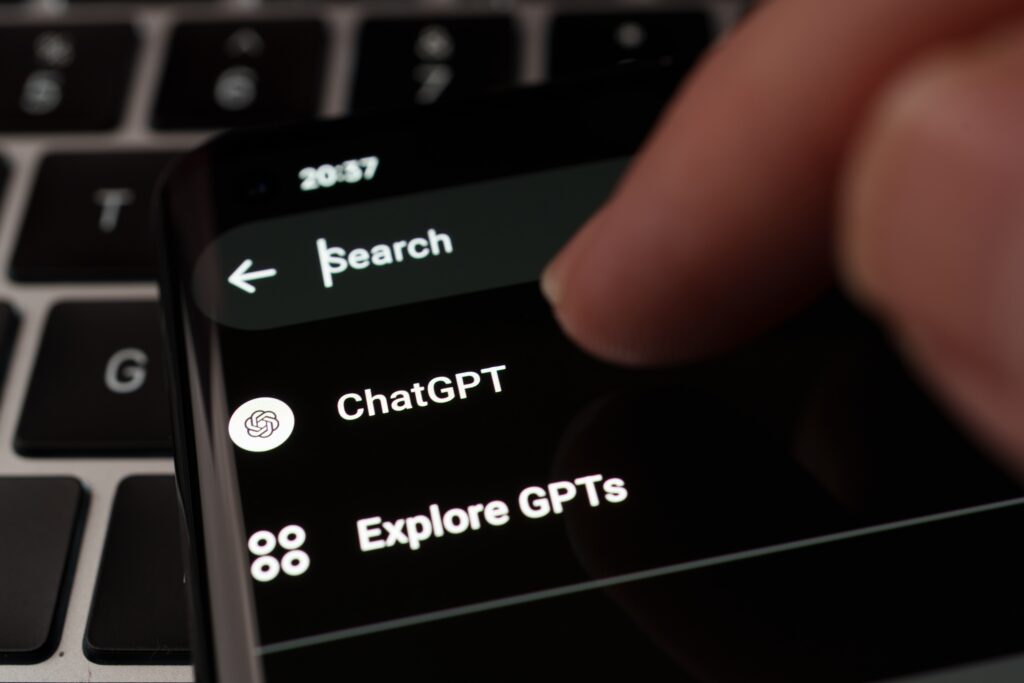A recent study by Peking University has found that ChatGPT, OpenAI’s popular chatbot, has shown a rightward shift in its political responses. The study was published in Humanities and Social Science Communications. It examined how ChatGPT responded to political questions over time. The study shows a notable change in the answers from versions GPT-3.5 and GPT-4.
The research looked at 62 questions from the Political Compass Test. This test measures political views on social and economic topics. The study found that ChatGPT’s answers have become more right-leaning over time. Though the chatbot is still classified as “libertarian-left,” there is a clear shift toward the right.
These findings are important as AI systems like ChatGPT become more common. AI tools are increasingly shaping opinions and influencing society. The researchers believe that understanding how these changes happen is crucial.
How AI Responses Have Changed
The Peking University study builds on earlier research. In 2024, the Massachusetts Institute of Technology (MIT) and the Centre for Policy Studies in the UK found that earlier versions of ChatGPT leaned left. But they didn’t track how these biases changed. This recent study adds to that by showing how ChatGPT’s answers have shifted toward the right over time.
The researchers say that several factors are likely driving this shift. One factor is the updates to the training data used to build ChatGPT. Another factor is the growing number of user interactions. Lastly, regular model updates have also played a role.
ChatGPT learns from user feedback. It also receives regular updates that change how it responds. Over time, these changes can shift its answers. This process might reflect larger shifts in public opinion. Global events like the Russia-Ukraine war might also affect the kinds of questions people ask.
Why Is ChatGPT Shifting to the Right?
The study points to three main reasons for this shift. First, the training data has changed. As ChatGPT receives new data, it reflects the changing views of society. News, social media, and other sources can have a strong influence on how the chatbot responds. These changes might tilt the answers in a more right-leaning direction.
Second, more people are using ChatGPT. As the number of users grows, the AI learns from more interactions. This feedback loop may lead the model to favor certain viewpoints. It can happen if users on one side of the political spectrum are more active. Over time, the AI adapts to these patterns.
Third, ChatGPT receives regular updates. Developers make changes to improve the chatbot’s accuracy and clarity. These updates might also affect the political leanings of the AI. If the developers prioritize certain perspectives or views in these updates, the answers might shift.
Global Events and Their Impact
Polarizing global events can also influence how ChatGPT responds. For example, the Russia-Ukraine war has sparked debates worldwide. These discussions are often heated, and they might impact the data that trains AI models. When people ask ChatGPT about the war, the answers could be shaped by the opinions reflected in the media.
The chatbot’s answers are a mirror of society’s debates. As these debates shift in response to events, so too does ChatGPT’s behavior. This makes the AI not just a tool but a reflection of the current political climate.
The Need for Ethical Oversight
The study raises an important point about the risks of unchecked AI models. The researchers warn that AI could spread biased information if not properly managed. If left unchecked, ChatGPT could create “echo chambers.” In an echo chamber, people hear only ideas that support their views. This could make society even more divided.
The researchers believe that regular checks on AI systems are needed. These checks should ensure that the chatbot remains neutral. Transparency is key. Developers should regularly review and report on how the AI is trained. These audits will help keep the AI balanced and fair. Clear guidelines are necessary to prevent AI from deepening divisions in society.
Conclusion: Moving Forward with Responsible AI
The shift in ChatGPT’s political views is important. It shows the challenges in developing unbiased AI systems. AI like ChatGPT has great potential to help people. But it must be managed carefully to avoid spreading bias. As AI systems grow more influential, it’s essential that developers and policymakers work together. They must create frameworks to keep these technologies neutral and responsible.
For more information on AI and its impact on society, visit Wealth Magazine.


